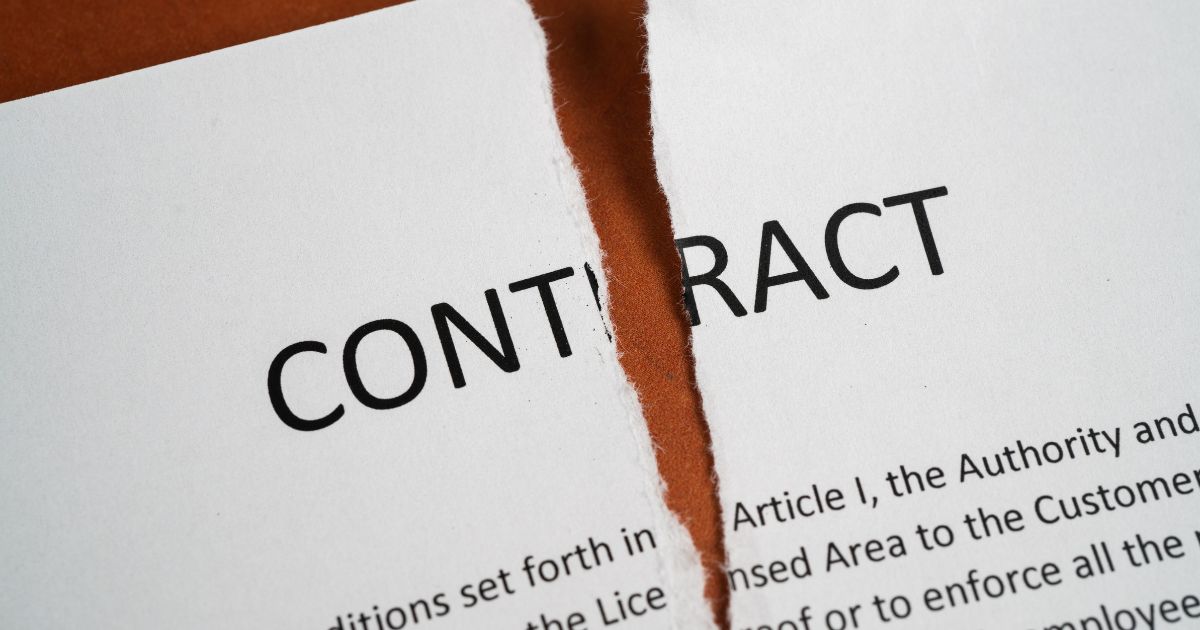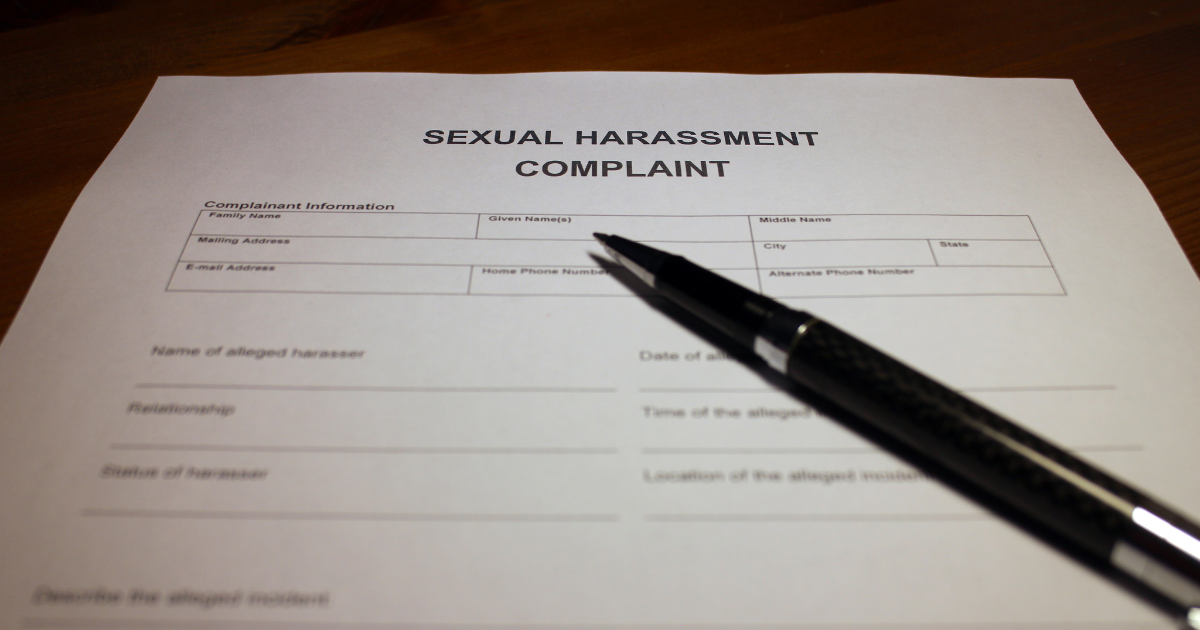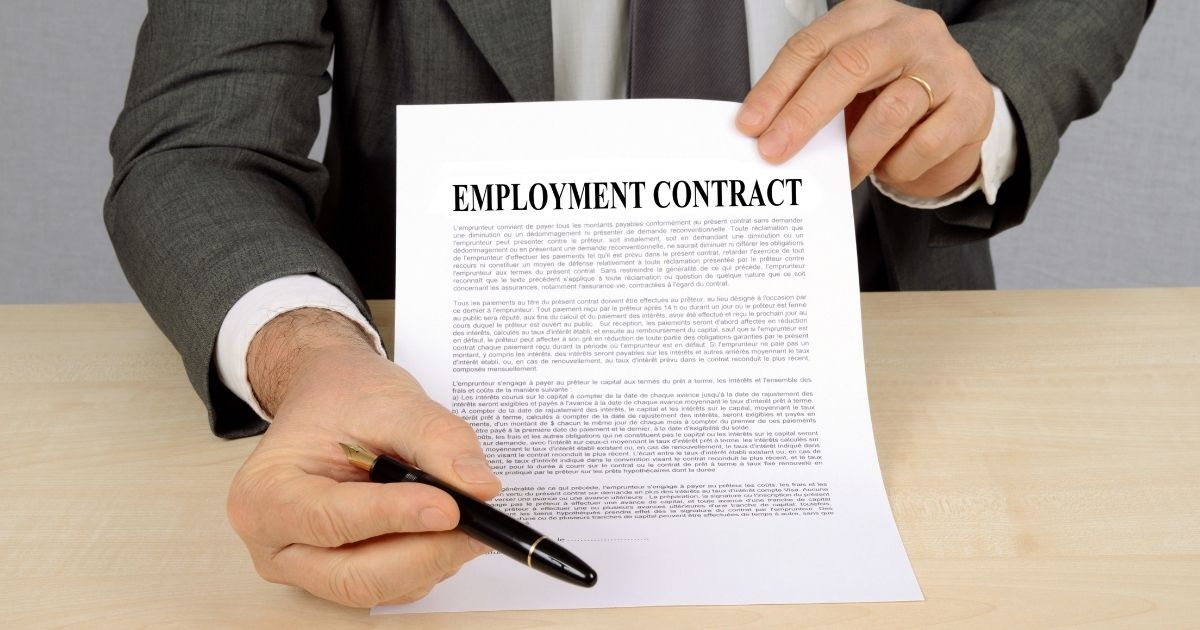Should I Continue to Work at My Job After Whistleblowing?

A whistleblower is someone who works within a private sector or government organization and reveals abuses of power and other bad behaviors done by their employer that betray the public’s trust. The information they share can be revealed internally or disclosed to Congress, other government channels, law enforcement, and/or the public. But since whistleblowers run the risk of facing repercussions from their employers, should they continue working after speaking out?
The Aftermath of Whistleblowing
Being a whistleblower can be stressful, even when the person has good intentions. It is often portrayed as a heroic action, if you consider the individuals who pulled back the curtain on Enron, released the Pentagon Papers, or shed light on the tobacco industry. The public might view them as heroes, but the truth is that a whistleblower’s career can change forever.
Even though the Whistleblower Protection Enhancement Act of 2012 was passed, approximately 30 percent of government workers claim they worry about retaliation for reporting wrongdoing. Since the government can have more oversight, it makes sense that private-sector whistleblowers worry even more in this respect. It has been reported that as much as 44 percent of these employees have experienced instances of retaliation.
What is the Whistleblowing Process Like?
You do not have to be working at the company that is the focus of the whistleblowing action, but if were taking part in the alleged illegal behavior you can consult a whistleblower attorney about how to handle it. All of the information will be kept confidential, and your identity will stay anonymous unless you decide to grant permission to provide your name.
Here are some of the programs in the U.S. that whistleblowers can pursue cases through:
- The False Claims Act (FCA)
- SEC Whistleblower Program
- IRS Whistleblower Program
- Commodity Futures Trading Commission (CFTC)
Claims can be filed under more than one of these, and there are statutes of limitations that apply. You must work with an attorney to file a case under the FCA, and using one for the SEC and CFTC will let you file anonymously. In any case, having an experienced lawyer may help facilitate your claim and increase the chances of success.
A successful case that leads to the recovery of fraudulently gained funds is a good thing, as the whistleblower can receive a percentage of the amount of money recovered as a reward. This can range from 10 to 30 percent, but every case is different.
Can I Keep Working After Whistleblowing?
If you work with an attorney, your identity will remain confidential throughout most of the process unless you grant permission to share your name. Federal law protects you from being retaliated against at work after reporting illegal company actions to the government. This means that you cannot be subjected to adverse employment decisions like demotions or firings based on what you did to expose the illegal conduct. If the employer does retaliate, you could be entitled to additional damages in a subsequent employment lawsuit.
There are also state laws that protect public employees from that kind of retaliation, but these might not apply to your situation. The amount of protection will receive depends on if the company is private, public, or a government entity, who your report the wrongdoing to, they kind of wrongdoing, and the applicable laws. The option of returning to work may be viable or then again, it may not.
If you are thinking about whistleblowing, you are taking on the risk of being suspended, demoted, transferred, fired, or facing other kinds of retaliation. That is why it is important to consult with an experienced employment lawyer before filing the claim – this way, an experienced professional who has your best interests in mind can guide you through the process.
The Philadelphia Employment Lawyers at Sidkoff, Pincus & Green P.C. Assist and Protect Whistleblowers
It takes courage to become a whistleblower, and trusted legal guidance to help you make your claim. For a confidential consultation, contact the skilled Philadelphia employment lawyers from Sidkoff, Pincus & Green P.C. Reach out by calling 215-574-0600 or completing our online form. From our office in Philadelphia, we proudly serve clients throughout South Jersey and Pennsylvania.






















